Chemical burn or fungus?
gt182
13 years ago
Related Stories

HOUSEKEEPINGEasy Green: Steam Cleaners for a Chemical-Free Sparkle
Deep clean and sanitize by harnessing high-temperature water for floors, curtains and clothes as immaculate as they are healthy
Full Story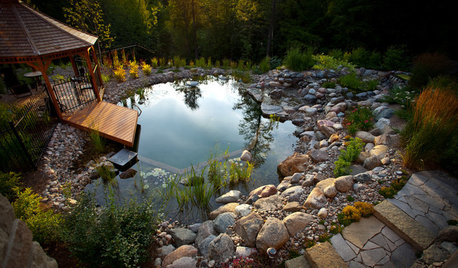
LANDSCAPE DESIGNNatural Swimming Pools: More Beauty, No Chemicals
Keep your skin and the environment healthy with a pool that cleans itself, naturally
Full Story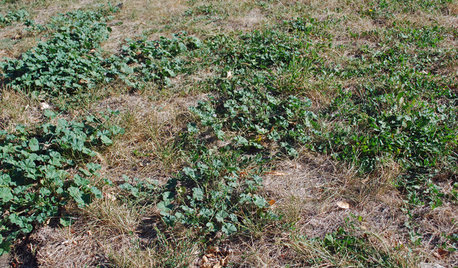
GARDENING GUIDESWeed War: When and How to Use Chemical Herbicides
Before you spray, arm yourself with knowledge about which weed killers — natural or synthetic — are right for your yard
Full Story
FIREPLACESUpdated Woodstoves Keep Home Fires Burning
Better technology means more efficiency than ever for modern woodstoves
Full Story
GARDENING AND LANDSCAPING8 Rot-Resistant Woods for Your Outdoor Projects
No need for chemical treatments on your deck or pergola. These woods stand up to weather, insects and time beautifully on their own
Full Story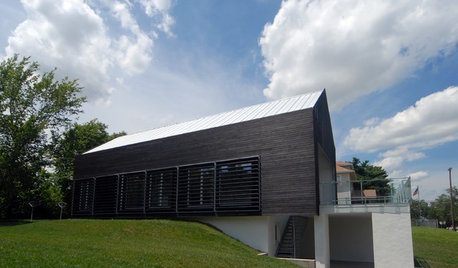
REMODELING GUIDES'Yakisugi-ita' Is Setting the Siding World on Fire
Exterior wood siding created by a Japanese burning technique is now alighting in the Western world
Full Story
KITCHEN DESIGN10 Big Space-Saving Ideas for Small Kitchens
Feeling burned over a small cooking space? These features and strategies can help prevent kitchen meltdowns
Full Story
GARDENING GUIDESThe Poop Scoop: Enrich Your Soil With Good Old Manure
Get over the ick factor already — this natural super-ingredient for soil has so many benefits, you'll wonder why you ever went chemical
Full Story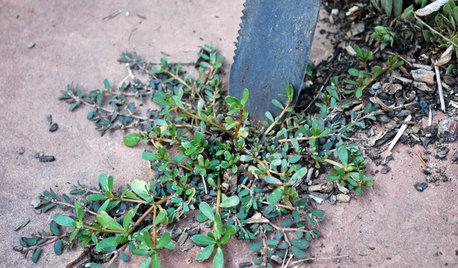
GARDENING GUIDES5 Ways to Naturally Win the Weed War
Show irksome weeds no mercy with these tricks for combating them sans chemicals
Full Story
GARDENING GUIDESHow to Switch to an Organic Landscape Plan
Ditch the chemicals for a naturally beautiful lawn and garden, using living fertilizers and other nontoxic treatments
Full Story





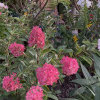

luis_pr
gt182Original Author
Related Professionals
Barrington Hills Landscape Architects & Landscape Designers · Manorville Landscape Architects & Landscape Designers · Brooklyn Center Landscape Architects & Landscape Designers · Canton Landscape Contractors · Burlington Landscape Contractors · Fort Payne Landscape Contractors · Hilo Landscape Contractors · La Mirada Landscape Contractors · Middletown Landscape Contractors · New Providence Landscape Contractors · Rosemount Landscape Contractors · Saint George Landscape Contractors · University City Landscape Contractors · Bensenville Landscape Contractors · Hamden Siding & Exteriorsluis_pr
dublinbay z6 (KS)
gardengal48 (PNW Z8/9)
dsagaas_comcast_net
buyorsell888